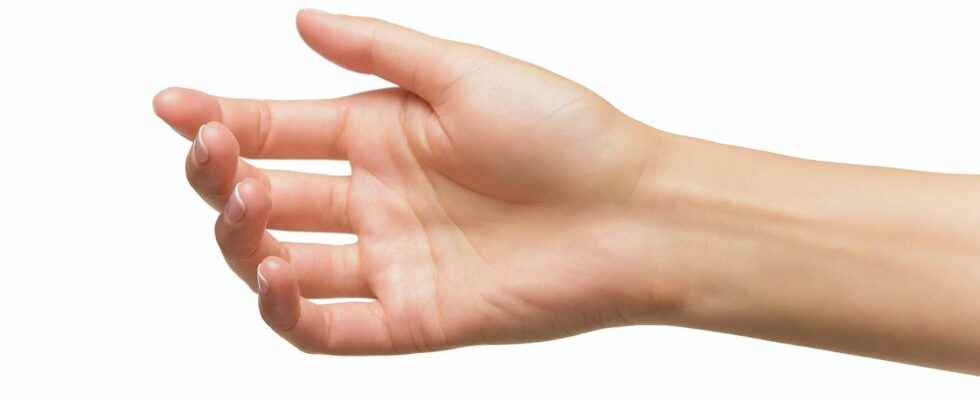Dupuytren’s disease, unknown to the general public, is nevertheless quite common. At an advanced stage, it creates a handicap of the hand by causing an irreversible contracture of the fingers. Researchers believe that a therapeutic antibody would be the ideal candidate to slow the progression of the disease and reduce the risk of losing the normal use of the hand.
You will also be interested
[EN VIDÉO] Interview 5/5: are genetic diseases hereditary? A genetic disease is due to an anomaly of one or more chromosomes, which leads to a malfunction of certain cells in the body. Jean-Louis Serre, professor of genetics, tells us more about these diseases.
About 5% of the French population, especially elderly men, suffers from a disability of the hand caused by the Dupuytren’s disease. A family affection – although the embarrassed contributing is not known – also influenced by environmental factors. Diabetics, alcoholics and epileptics are overrepresented among those affected.
In the early stage, it is manifested by painful nodules on the palms of the hands. In about 20% of cases, these nodules progress to form strings that pull on the joints of the fingers. The progression is slow and lasts several years – seven years on average. The hand then takes on an arched shape and the affected fingers, often the ring and little fingers, become unusable. Before the contractures are too pronounced, corticosteroids can be injected into the nodules to make them less painful or collagenase to soften them. excision of nodules by surgery remains the ultimate solution for recovering the use of the hand in the most advanced forms of the disease.
A therapeutic antibody against Dupuytren’s disease
Researchers at Oxford University may have pinpointed a new treatment for Dupuytren’s disease in its early stage. It is a therapeutic antibody that targets a moleculeTNF (Tumor Necrosis Factor). Indeed, the nodules are the result of a local inflammatory reaction in which TNF is one of the key players. Adalimumab, the name of the antibody, injected into the nodules at a dose of 0.4 mg could slow the progression of the disease, by softening the nodules.
L’clinical test includes 140 people, split equally into two groups, who received the antibody or saline in four injections every three months. After one year of treatment, adalimumab significantly reduced the hardness nodules, but also their size, without any serious side effects. These results are those of phase 2badalimumab will therefore have to continue to prove its interest in the treatment of Dupuytren’s disease in the next stages, before being available to patients.
Support your independent scientific media: discover our subscription formulas!
4 good reasons to subscribe to Futura on Patreon:
- A site without any advertising from 3.29 euros per month.
- It is without commitment.
- Access to priority content, in preview, just for you.
- You support our business in the best possible way. A real motivation for us!
Interested in what you just read?
